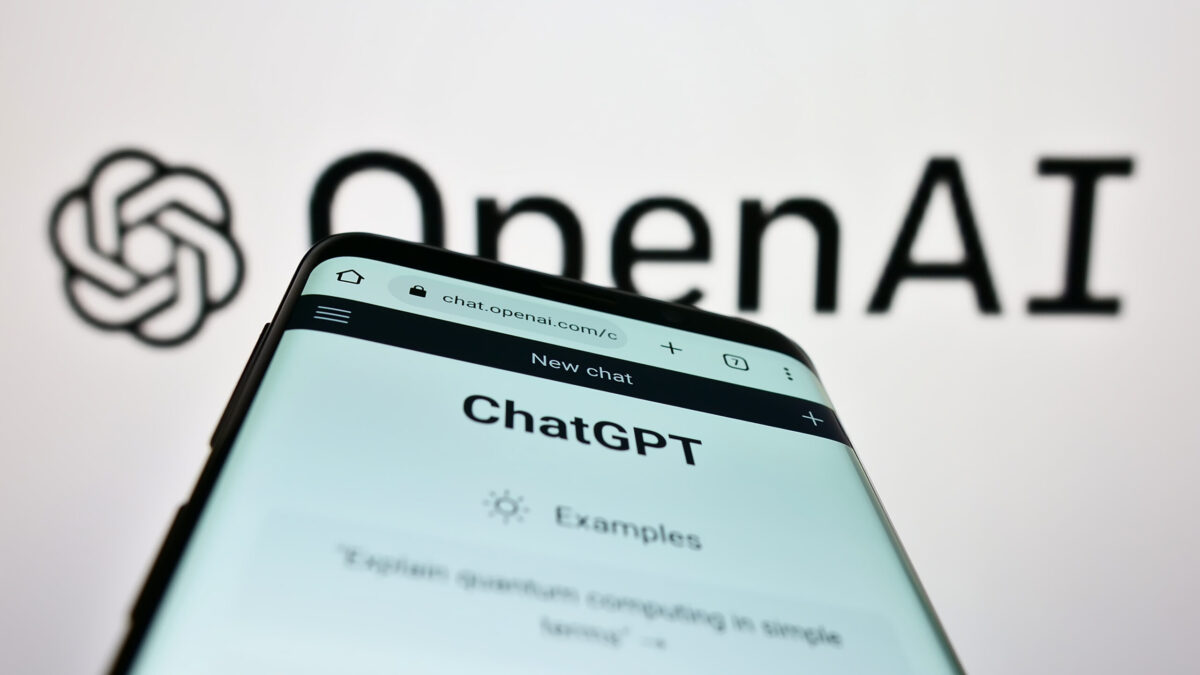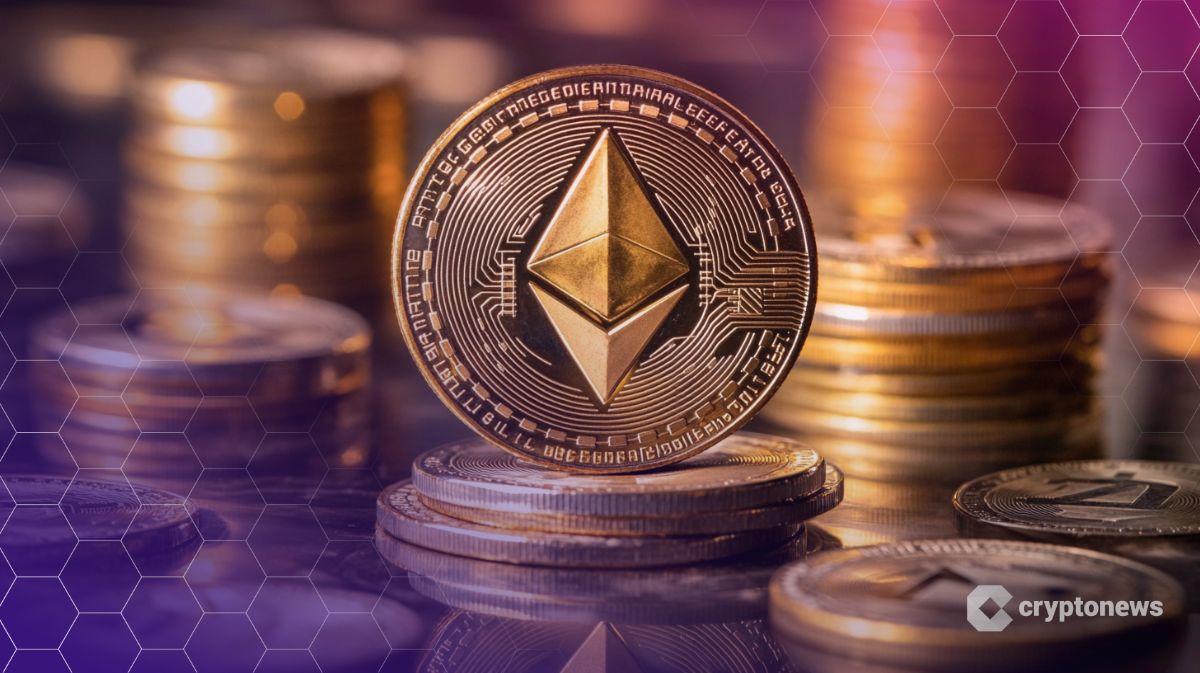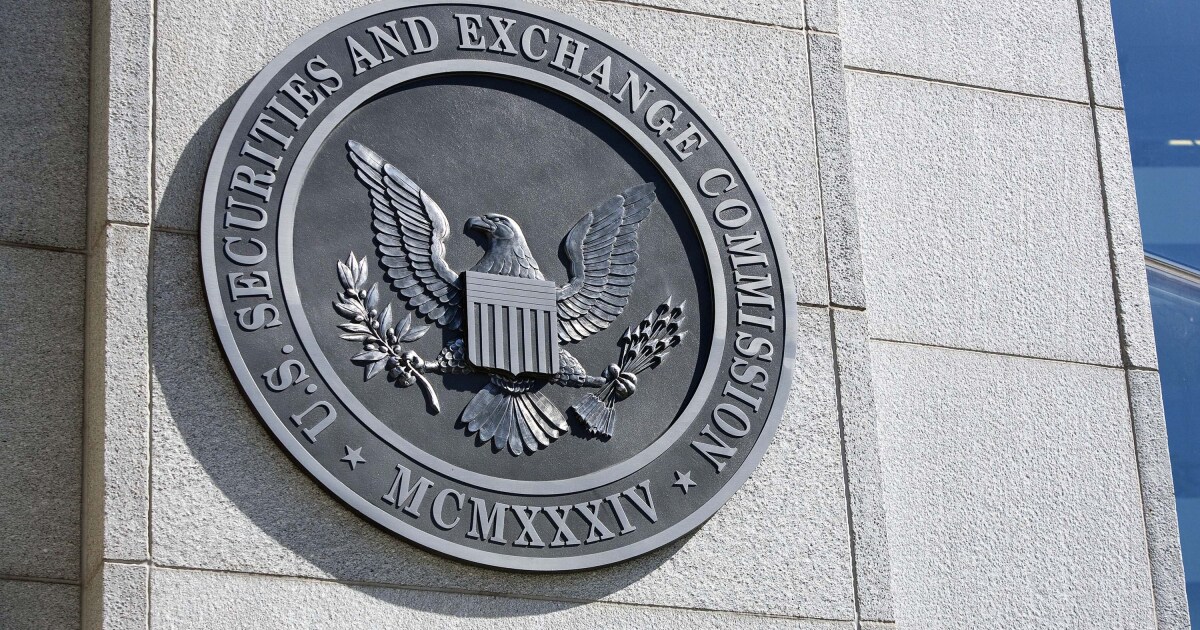Despite rising concerns about its potential impact on jobs, CHROs need to embrace AI’s ability to make jobs easier and impactful for their teams, according to a panel of HR leaders speaking Thursday at The Josh Bersin Company’s Irresistible 2023, The Global Conference for HR Leaders And Their Teams event in Los Angeles.
“AI is going to force HR to reinvent itself,” predicts Josh Bersin, global industry analyst and founder and CEO of human capital advisory firm The Josh Bersin Company. “Everyone has to learn AI.”
Current uses for AI in HR
AI can assist HR in speeding the pace of its work and making it more efficient, and that in turn will make each HR team player more productive, says Bersin. He adds that Generative AI like ChatGPT will help HR leaders find and learn new things that previously would have taken hours, days and months to gather the relevant information to learn.
For example, the tool can help HR create content like job descriptions to identify employees who may be a perfect fit for an internal position.
Mastercard is using AI in several meaningful ways for its HR department—from promoting internal mobility to employee wellbeing—says Michael Fraccaro, chief people officer at Mastercard.
The payment processing company uses an AI-powered game in its DEI platform that assesses the relevant skills of entry-level job applicants during the first interview round, instead of asking for past experience, education or gender, for example. As a result, Mastercard reduces any potential hiring bias that may surface in a one-on-one interview in that initial round, he said.
It also uses AI as an automated scheduler to coordinate interviews with hiring managers, resulting in an 87% increase in productivity for the recruiters in HR, he notes.
It can support management through reminder notices if too much time has lapsed between touch base meetings with various direct reports, as well as employee wellbeing.
“Before I hit send on an email over the weekend, it will ask if I want to schedule it for a Monday delivery when people are in the office,” Fraccaro said.
Both Mastercard and drug maker Moderna use AI in their internal job marketplaces. Through these platforms, employees enter their skills, experience, interests and what they are looking for in their next job and AI matches that information with the projects and jobs that managers have entered into the system.
But perhaps most interesting is Moderna’s partnership with a company that uses AI avatars to sense human emotion. When an employee is being onboarded, for example, the avatar may sense their frustration and offer solutions, says Tracey Franklin, chief human resource officer at drug maker Moderna.
“It’s pretty wild and helps us to be the most effective possible,” Franklin says.
AI’s future benefits for HR
While Mastercard would consider using AI to help talent acquisition teams perform such tasks as crafting job postings, the company does not expect it to be a fully autonomous process.
“We would still want verification of the job description before it goes out,” Fraccaro says.
Given this human-technology relationship that will be flourishing in the coming years, Mastercard plans to add AI courses to its L&D offerings, Fraccaro says. Companies like accounting powerhouse PwC are doing likewise.
HR, in particular, needs that training. In the future, HR professionals will be expected to effectively leverage AI to, for instance, evaluate pay equity by looking across roles, skills, compensation and other factors to create a complete compensation picture, Bersin says.
Given the vast potential for AI in HR, leaders and their teams should view AI as a key tool that will make their jobs easier versus feeling threatened by the technology.
“I see more upside than downside,” Fraccaro says.
Credit: Source link











